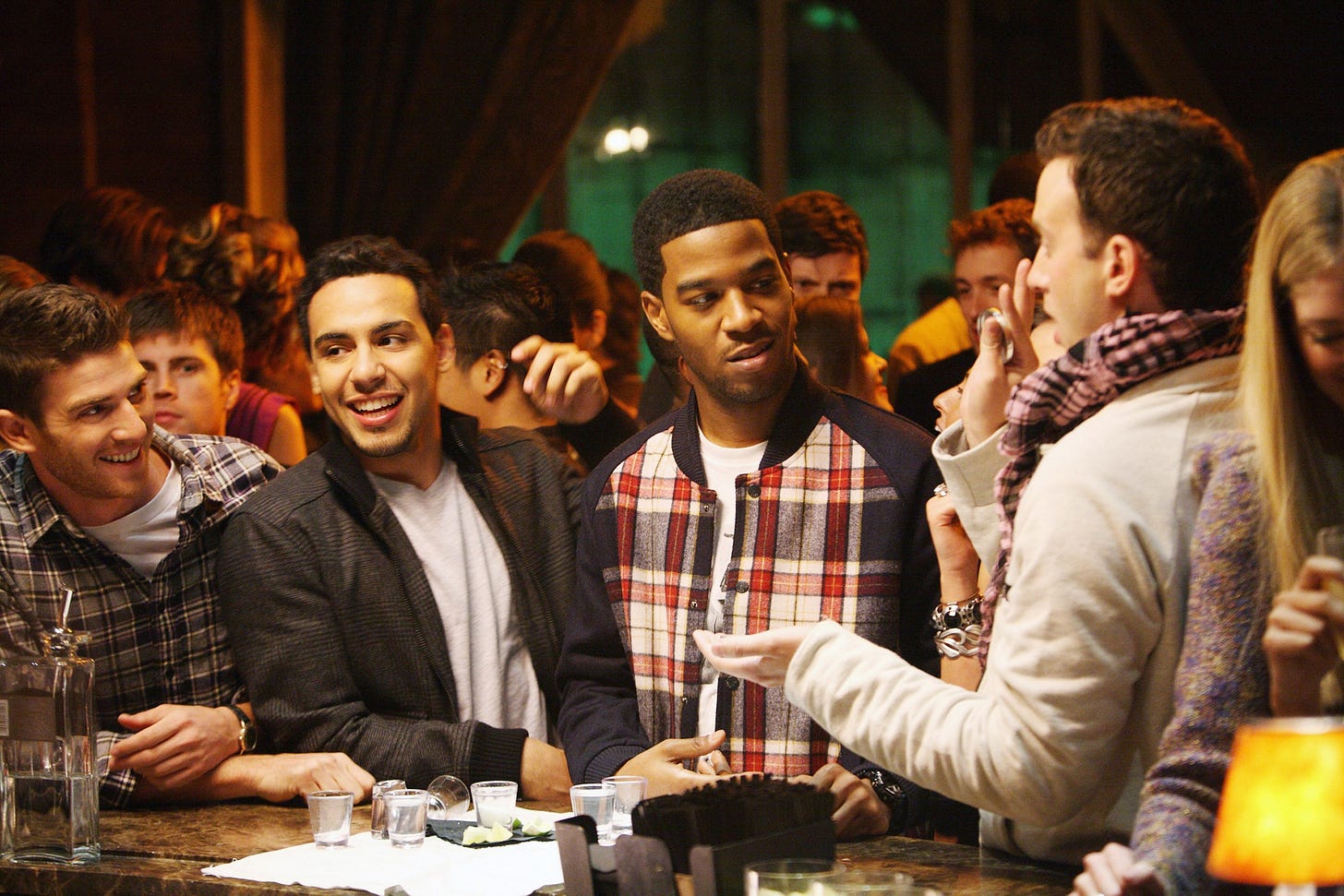You Should Watch More Canceled TV Shows
An argument against the Lindy Effect. How can we sample from the long tail?
If I ever had to list out my favorite TV shows, I would have to include The Mick, How to Make It In America, and Freaks and Geeks near the top.
The Mick is a hilarious show about a wealthy family and a sociopathic aunt. How to Make it in America is about struggling young adults with an entrepreneurial fire inside of them. Freaks and Geeks portrays high school outcasts in a way that was ahead of its times.
Despite telling entirely different stories they share one thing in common: all of these shows were canceled partway through their plot, often ending at cliffhangers or with unresolved tension.
I often wonder why these shows were canceled.
There are clear objective reasons. The Mick and How to Make it in America were both canceled due to low ratings. Freaks and Geeks was canceled due to low ratings and creative differences between the show’s creators and network.
I love TV shows that have been canceled because they are often the most creative and original. When a show is canceled, it is because the writers and actors took too large of a risk, one that would be out of the norm for the average television audience.
Risks can lead to some truly groundbreaking shows. I would much rather watch a show that takes chances and pushes boundaries than one that plays it safe.
Recommender Systems are for the Median
All of these shows were recommended to me by word of mouth. None of these (except for Freaks and Geeks) would ever show up on the front page of Netflix because they’re too niche. I’ve tried to manually Google similar shows, but have trouble finding anything relevant.
I suspect it’s due to the fact that these shows don’t cleanly fit into any popular genre.
The Mick is nothing like The Big Bang Theory or Friends. How to Make it in America is nothing like Shark Tank or Succession.
I think this highlights a deeper issue associated with recommender systems in general. The goal of recommender systems is to cluster your taste in shows, music, clothes, etc. with others who also enjoy the same content. Then, it is able to share things that people like you have enjoyed.

A recommender system would have never shown me my favorite shows. This is likely true for most people.
When you engage with recommendation systems and pick the most personalized piece of content, you may not be shown the content that is actually the best for you. The easiest way to show personalized content is present material that appeals to the median. This is why you always see shows like Seinfeld, Friends, and Family Guy float to the top when you log in to your streaming service of choice.
But individuals are rarely represented of the median. Everyone has personal preferences that are very unlike those held by most. Section 2.1 and 2.2 of this article, Novelty and Diversity in Recommender Systems, goes into great depth explaining the pitfalls of over-personalized recommendation algorithms.
“Some authors also explain diversity-seeking as a strategy to cope with the uncertainty about one’s own future preference when one will actually consume the choices, as e.g. when we choose books and music for a trip. Moreover, novel and diverse recommendations enrich the user experience over time, helping expand the user’s horizon. It is in fact often the case that we approach a recommender system with the explicit intent of discovering something new, developing new interests, and learning. The potential problems of the lack of diversity which may result from too much personalization has recently come to the spotlight with the well-known debate on the so-called filter bubble. This controversy adds to the motivation for reconciling personalization with a healthy degree of diversity.”
from Novelty and Diversity in Recommender Systems
The only way to find content that is best for you is by talking to people who frequently sample from the long tail. There is so much value in reading unpopular books, listening to unpopular podcasts/songs, and watching unpopular shows.
Freaks and Geeks is particularly unique from the rest because it has become a cult favorite in the last decade. It took time for audiences to become receptive to this show. Nearly all of its recent traction has been through word of mouth and social media.
This goes almost entirely against the Lindy Effect.

Unpopularity does not imply poor quality. Looking where others aren’t is often the best (and only) way to find alpha.
How do you look where others aren’t looking? My best guess is to surround yourself with those who have the same goal and leverage word of mouth to find and validate contrarian/uncelebrated resources.
The Lindy Effect argues that you should place trust in selections made by the collective because they have survived the test of time, and will continue to do so. I argue we should also place trust in the obscure, nameless suggestions of our peers.


